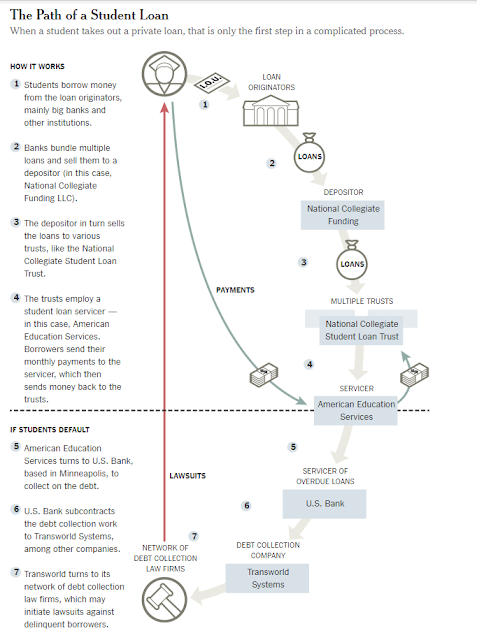Discovery's Big Score
Discovery Communications to purchase Scripps Networks for $12 billion. The deal puts the combined company in a strong position to draw more women viewers.
Other channels include Discovery's TLC and the Discovery Channel. Scripps owns HGTV and the Travel Channel, among others. The combined company will house five of the top pay TV networks for women and account for more than 20 percent share of women watching prime-time pay TV in the U.S.
The transaction is valued at $90 per share, about a 4 percent premium to Scripps' Friday closing price of $86.91. The per-share price includes $63 per share in cash and $27 per share in Discovery's Class C shares. The transaction also includes approximately $2.7 billion in Scripps' debt.
The companies said Monday that they expect about $350 million in cost savings.
The buyout, which still needs approval from the shareholders of both companies, is targeted to close by early next year.
Shares of Discovery Communications Inc. rose 2.6 percent before the market open, while shares of Scripps Networks Interactive Inc. edged up slightly.
















